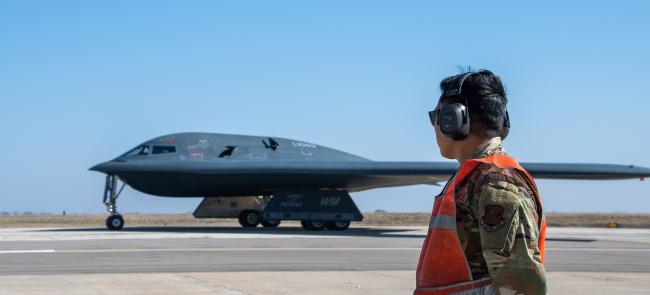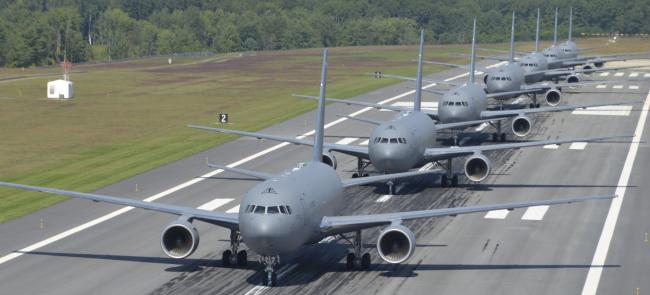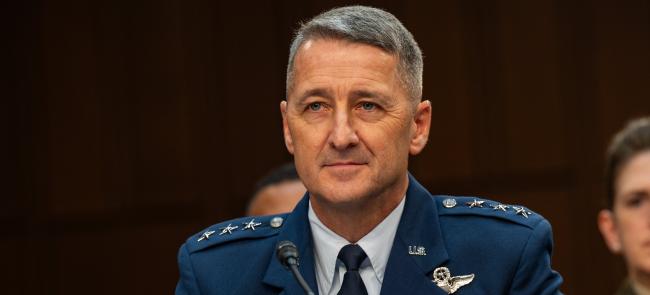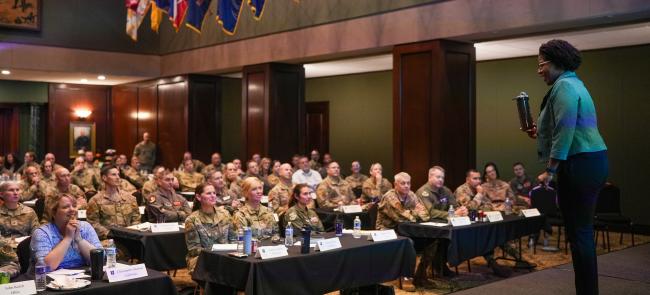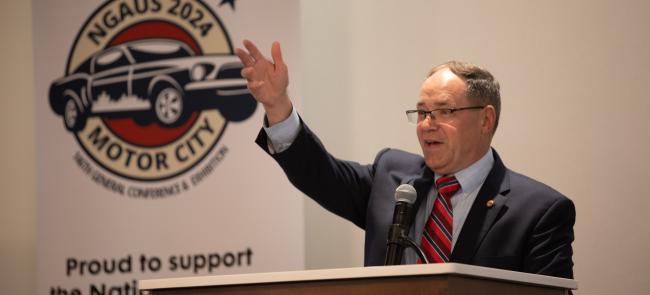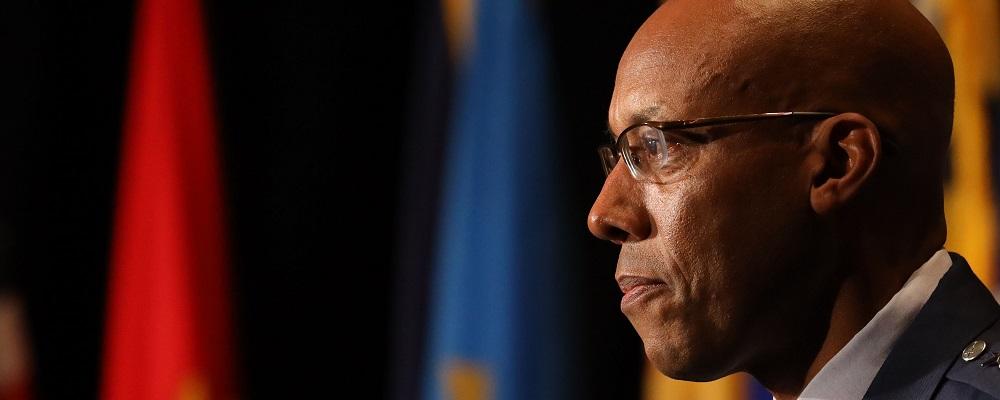
The advantages the U.S. Air Force has enjoyed for generations are eroding and change is the only solution, the force’s top officer told NGAUS on Saturday.
Gen. Charles Q. Brown, who has been the Air Force chief of staff for less than a month, outlined the situation during his remarks, livestreamed to more than 3,400 current and former Guardsmen, their family and friends.
For the past 30 years, the Air Force has been engaged in conflict mostly in the Middle East. At the same time adversaries, particularly China and Russia, have done things to erode the advantages the force has previously enjoyed.
To counter this erosion, Brown and his transition team are currently working on a paper, “Accelerate, Change or Lose,” to guide Air Force reform.
Brown wants more collaboration among different offices within the force, more collaboration between the service and Congress, and more collaboration among all three components of the Air Force.
He also wants to see the service place more importance on communications capabilities and become less risk averse.
“You can’t be innovative and risk averse at the same time,” said Brown. “Which means we’re going to have to take some risks as we go forward, and we’re going to have to be able to articulate that risk — the risk that happens for our airmen, for our families, for a high-end fight and what happens for our combatant commanders and what happens for our future.”
Things such as the establishment of the U.S. Space Force and the use of technology due to the COVID-19 pandemic are already helping to push change, Brown said.
“All those factors coming together provide us a window for change,” he said. “If we don’t change, particularly as we look at our adversaries, China in particular, we’re going to lose.”
His plan also includes the increased utilization of the Total Force, which includes the active Air Force, Air National Guard and the Air Force Reserve.
Brown said the capabilities in the Air Guard are nearly identical to those of the active component, and wants to continue dialogue with the current director of the Air National Guard, Lt. Gen. Michael A. Loh, on how the Guard will contribute to the Total Force.
Change, in Brown’s view, is necessary in all levels of the Air Force, and it starts with junior officers just entering service.
“Your voice, we want to hear from you,” Brown said. “And I think that’s a key aspect of being able to get a sense of what our young service members are experiencing and how we at the senior level can make it better.”

